Maryse Condé is an iconic figure in contemporary literature, renowned worldwide for her profound exploration of post-colonial themes. Born on February 11, 1937, in Pointe-à-Pitre, Guadeloupe, she steadily climbed the literary ranks, championing Caribbean culture while also shedding light on issues of race, gender, and class. Condé holds a PhD in Caribbean literature from the Sorbonne and has served as a professor at several prestigious universities, including Columbia University, where she taught French and Francophone literature.
The author of over twenty novels, Condé is best known for her historical fiction, “Segu,” which focuses on 19th century West Africa, and the critically acclaimed, “I, Tituba, Black Witch of Salem,” a feminist interpretation of the Salem witch trials. Her narrative style interweaves complex societal issues with personal struggles, creating layered storylines that resonate with readers across the globe. Condé’s work has been widely recognized in literary circles, most notably, she received the New Academy Prize in Literature in 2018, often regarded as an alternative to the Nobel Prize in Literature.
Despite her towering stature in literature, Maryse Condé remains grounded in her devotion to teaching and studying literature, believing in its power to effect societal change. A fervent advocate for recognizing diverse perspectives within the literary world, she has inspired a new generation of writers to investigate and challenge the societal norms and to use their voices boldly. Through her pioneering work, complex storytelling, and steadfast dedication to literature, Condé has left an indelible mark on the literary landscape.
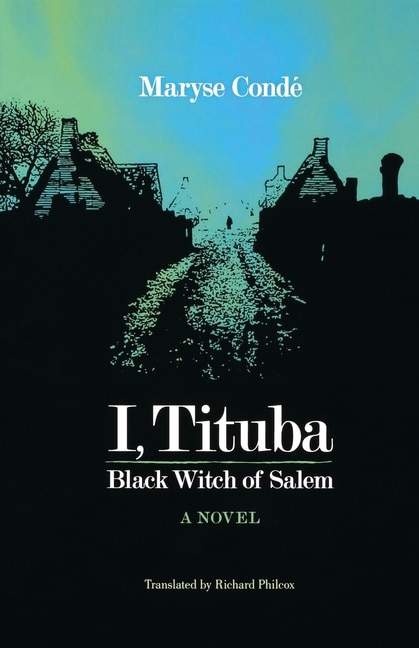


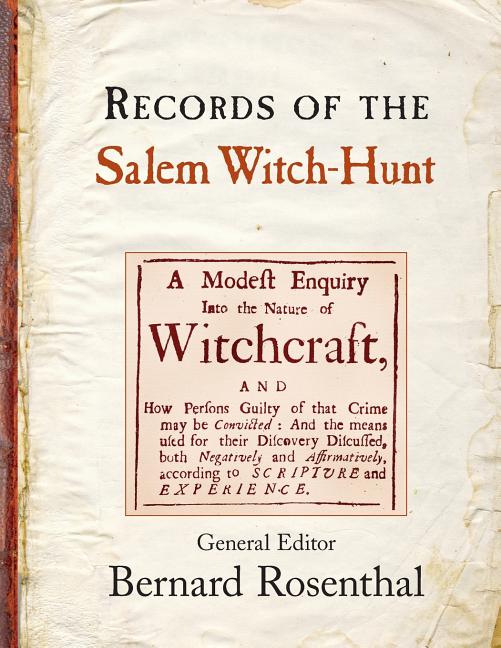


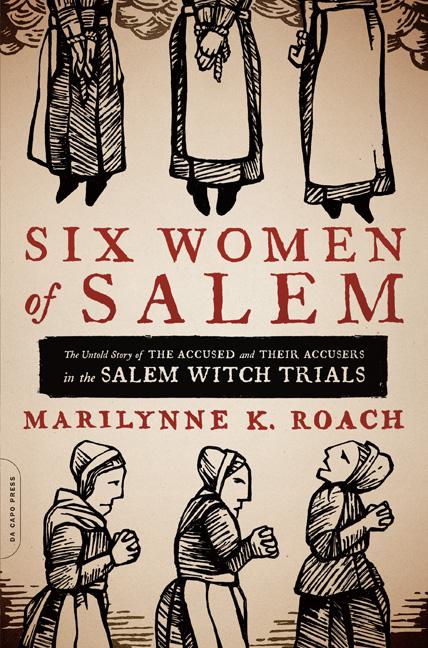
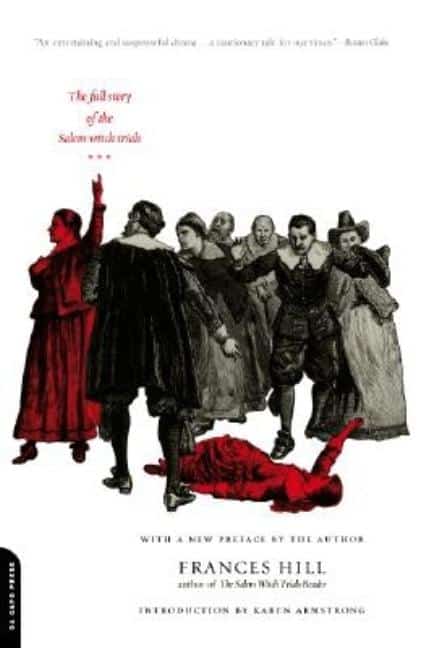
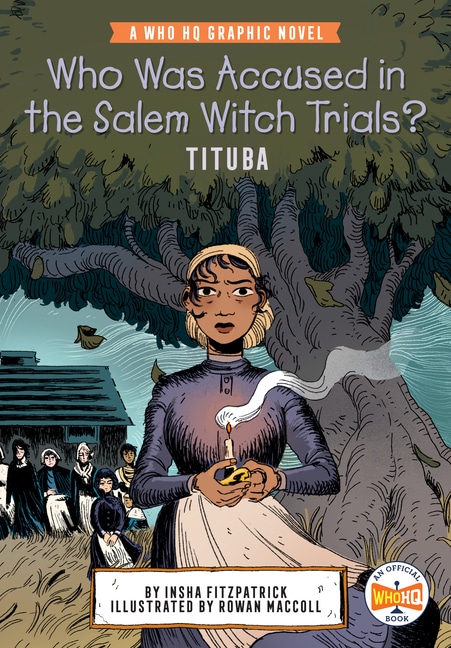

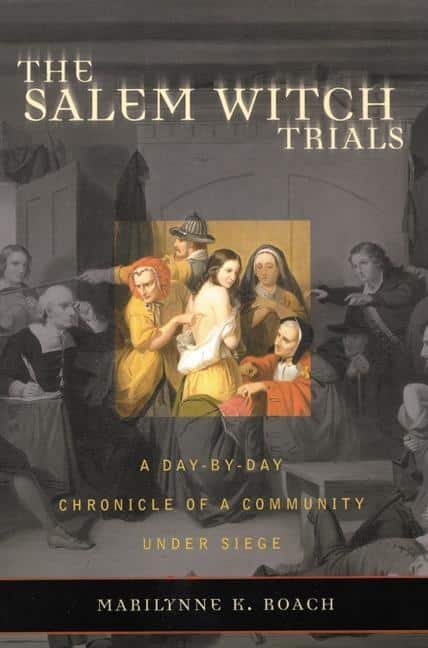
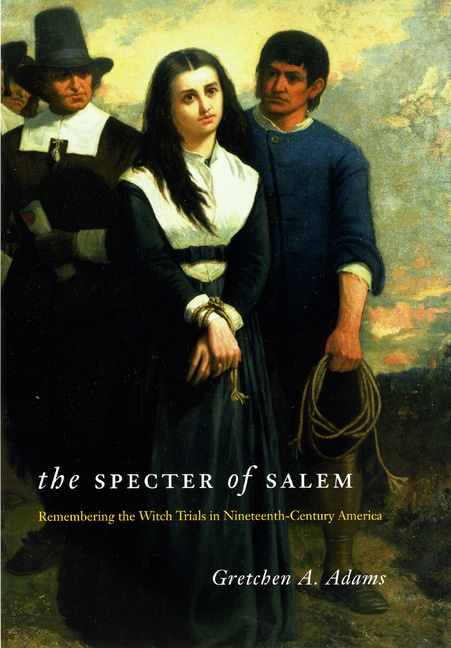



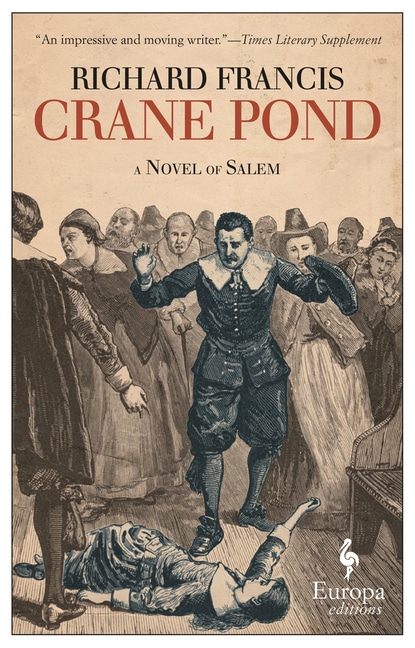


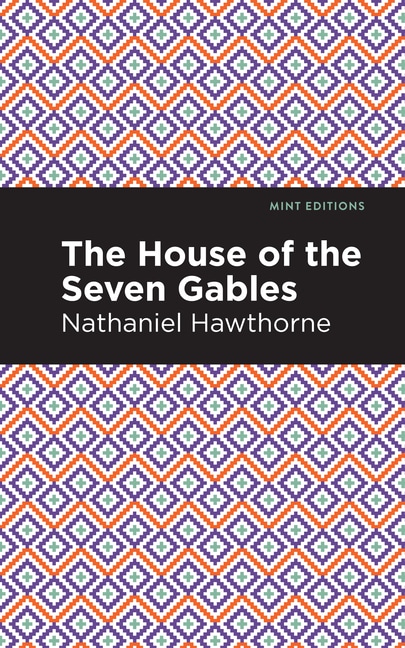
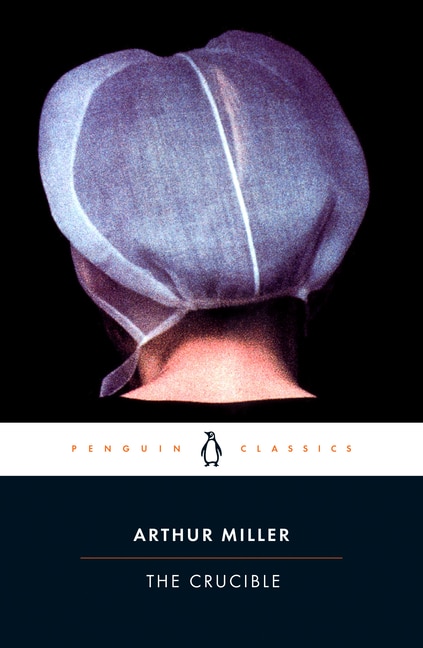


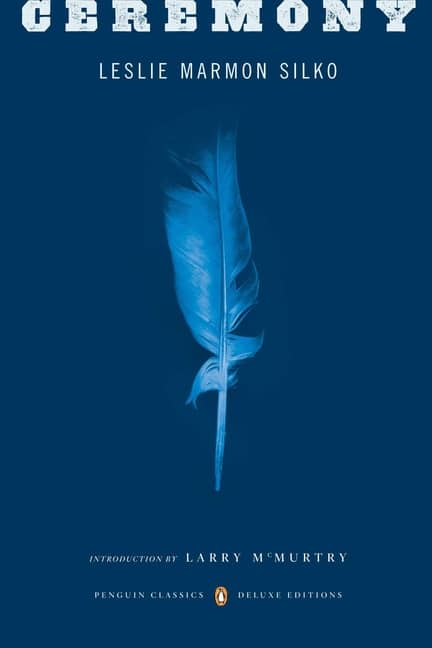

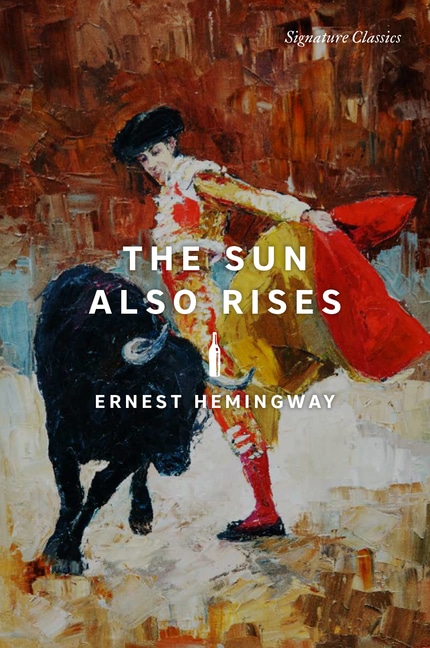


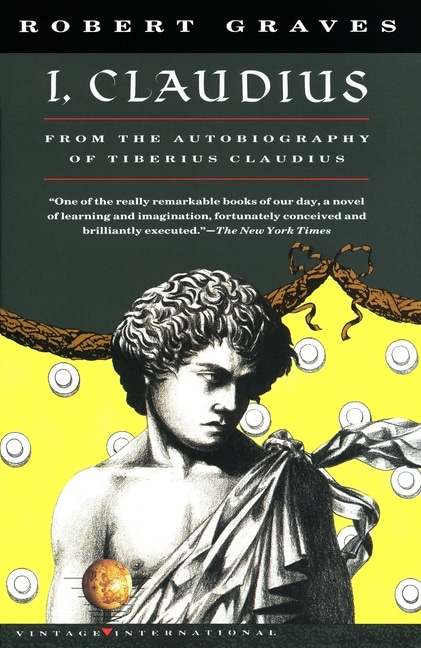








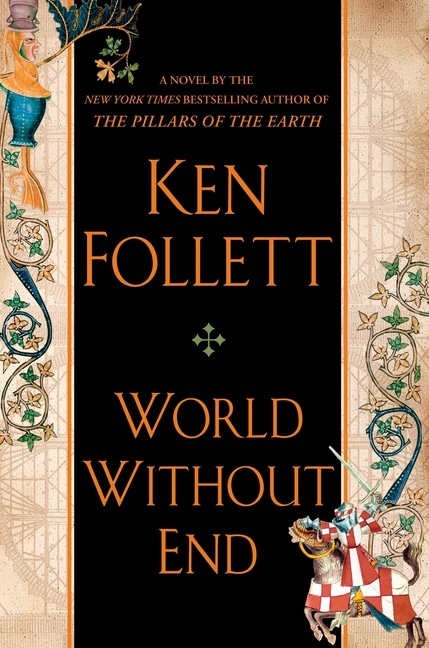

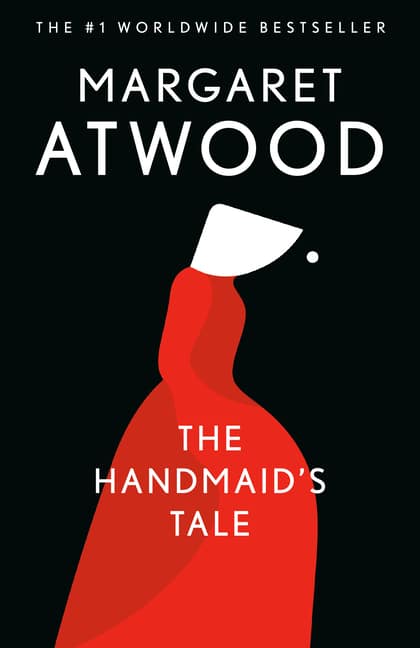

Reviews
There are no reviews yet.